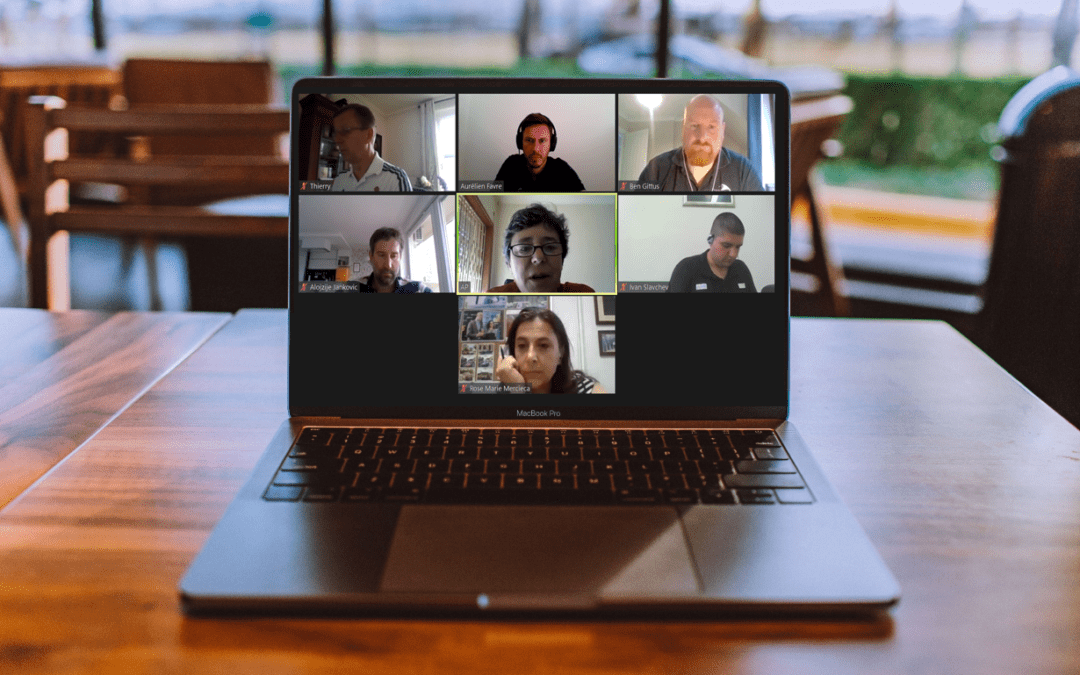On the 3rd of July 2020 the kick off meeting was held for a transnational project which will analyse and promote skills and workforce development in the European sport sector. The project is called “Continuing the journey towards a skilled workforce for the sport and physical activity sector in Europe” and will be known as the “SKILLS” project.
SKILLS is being funded under Erasmus+ Sport as a Small Collaborative Partnership across the years 2020 and 2021.
SKILLS is a follow up to the successful ESSA-Sport project which took place from 2016 – 2019 which analysed the sport labour market and produced reports and action plans towards skills and workforce development at the national and European level (All final outputs on www.essa-sport.eu).
The SKILLS Initiative will ensure continuity and maintain the momentum in researching, networking, implementing actions and improving skills in the sport sector in Europe.
In particular, the work programme of the SKILLS project include to:
- Gather and analyse labour market statistics for 2019 and 2020, sharing updated statistics on the size and characteristics of the sport labour market in Europe (this will be particularly interesting to see the effect of Covid-19 in employment data)
- Monitor the implementation of national strategic action plans from the ESSA-Sport project (producing a copendium of good practice examples)
- Identify and raise awareness of the realities and trends of the sector in terms of skills needs and challenges (producing a summary paper on skills needs and challenges in the sector).
- Promote and encourage dialogue and networking on the topic of skills and workforce development (organising an annual workship gathering European sport organisations)
The kick off meeting introduced the project to partners and clarified their role. EOSE also updated partners on the work achieved so far including a meeting with Eurostat about the collection of employment data.
The next partner meeting is planned for October 2020 either in Croatia or online, as the health situation in Europe allows.
